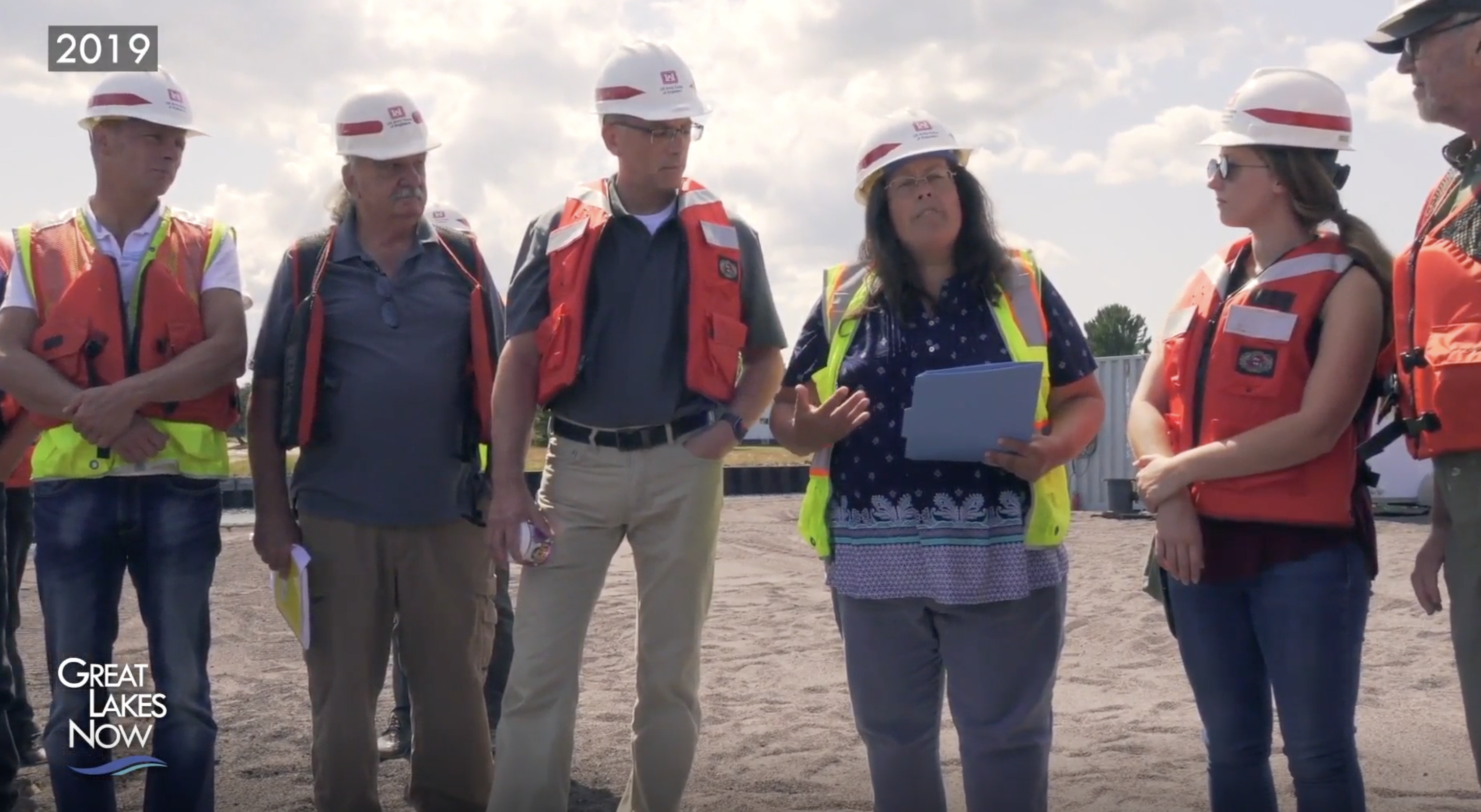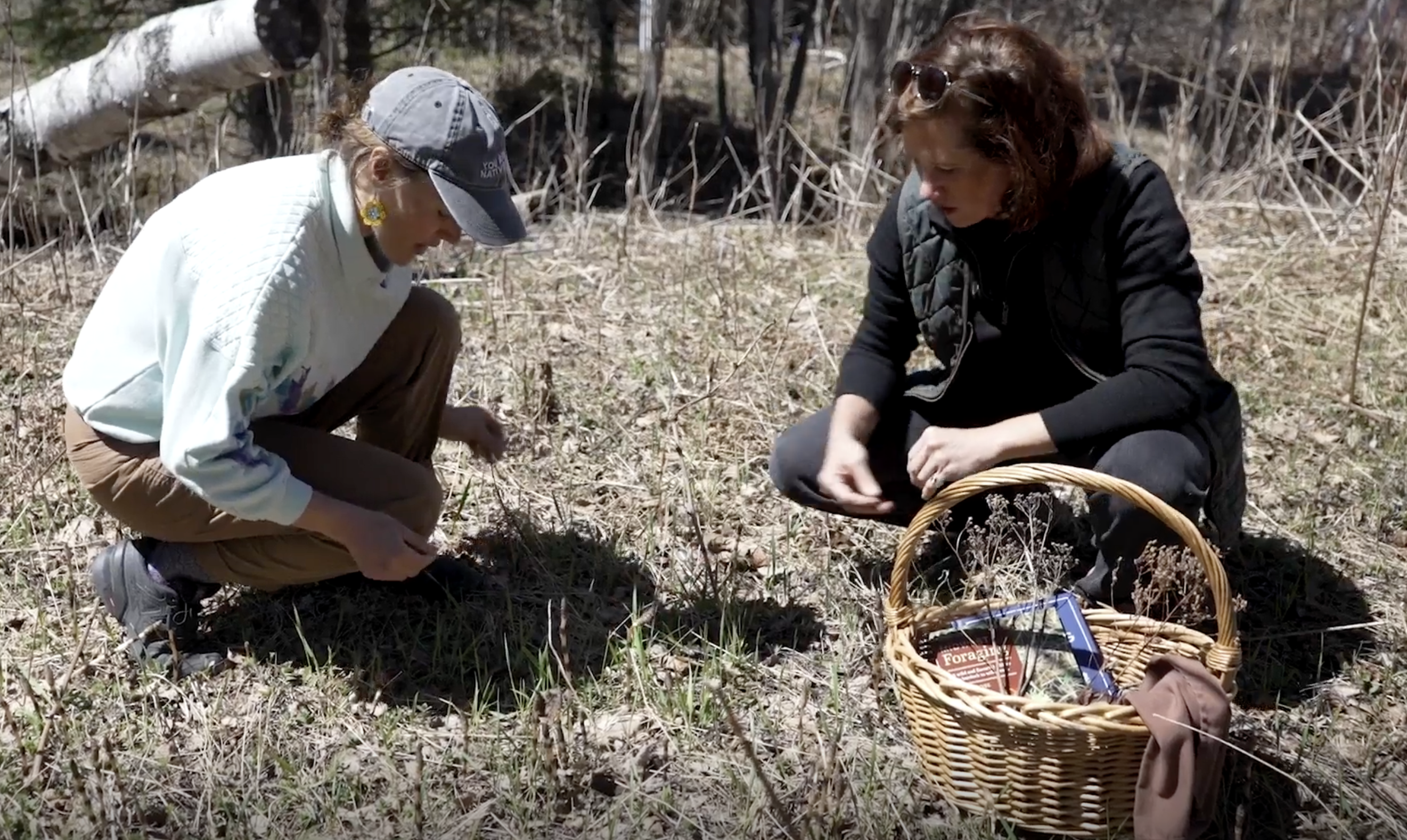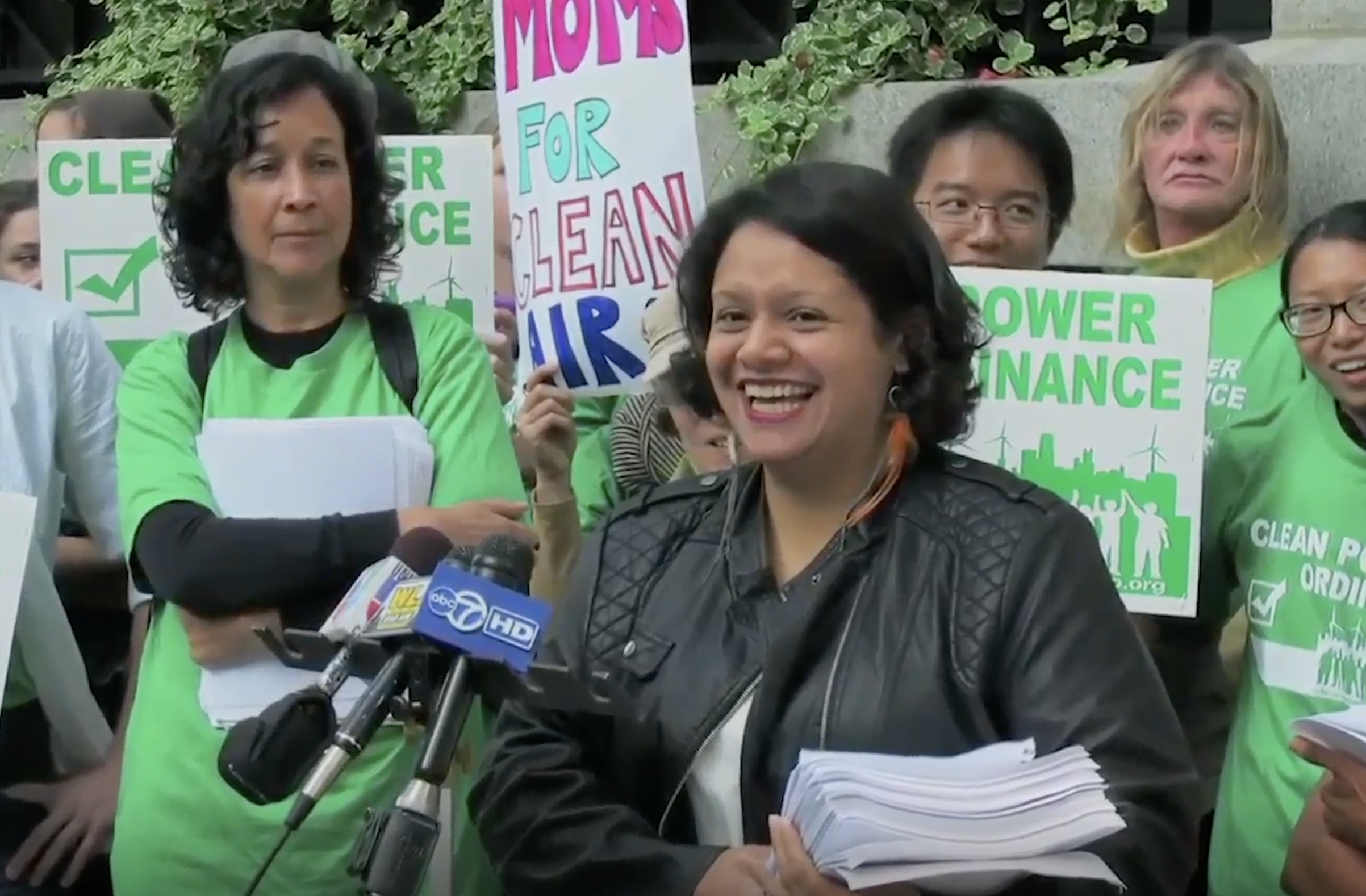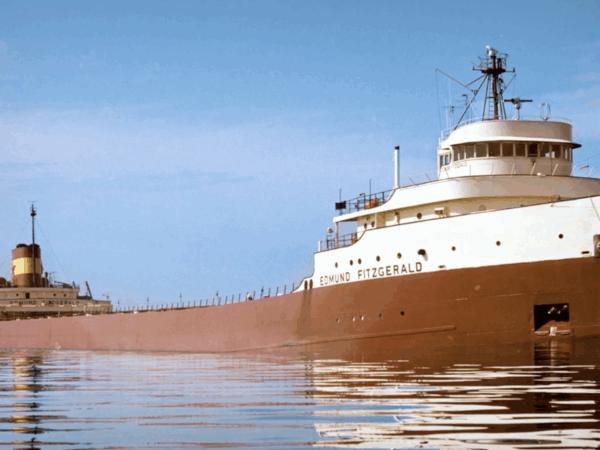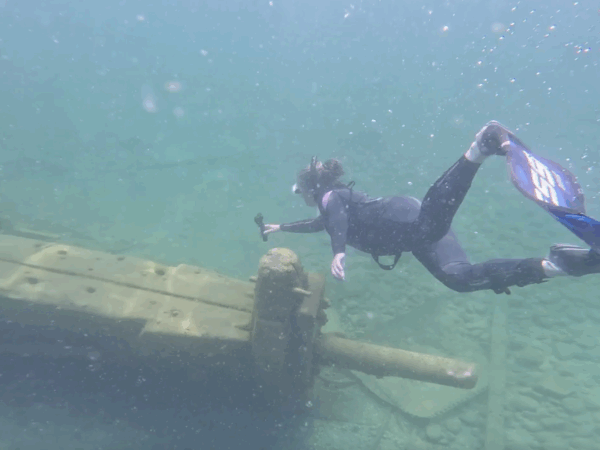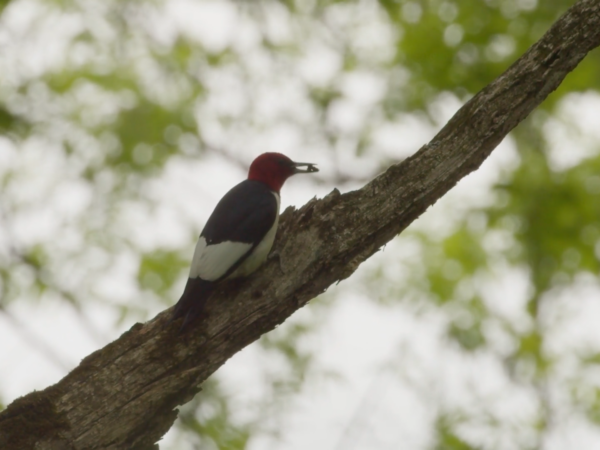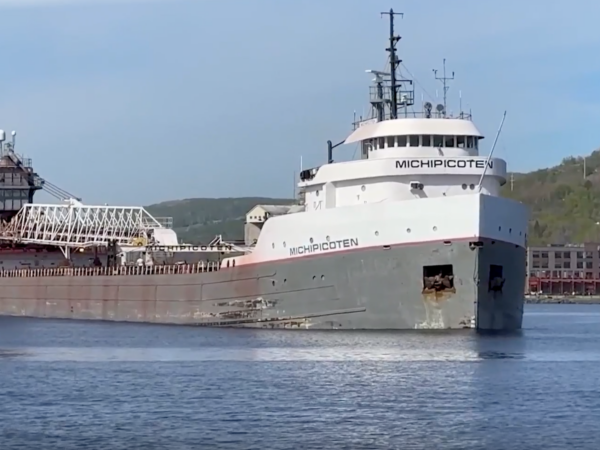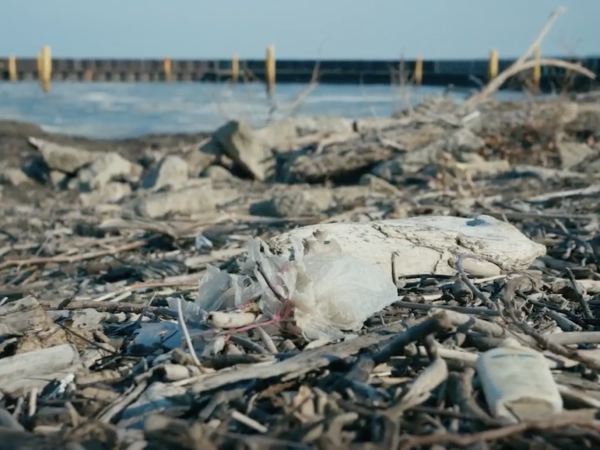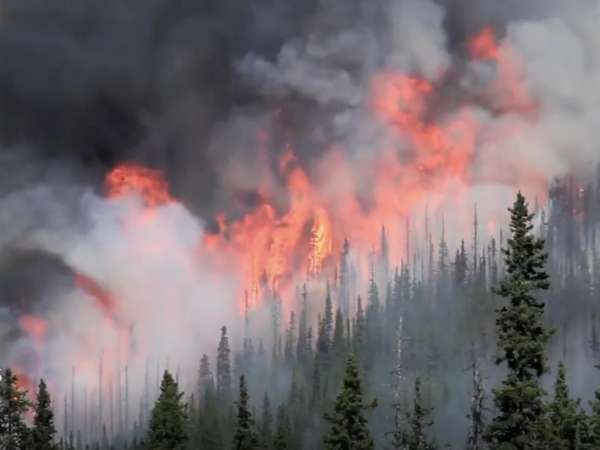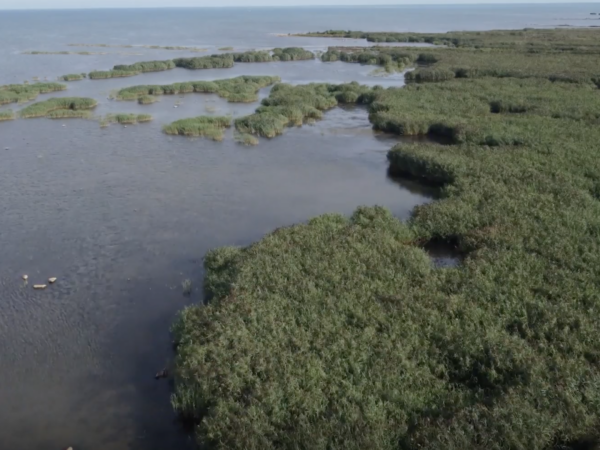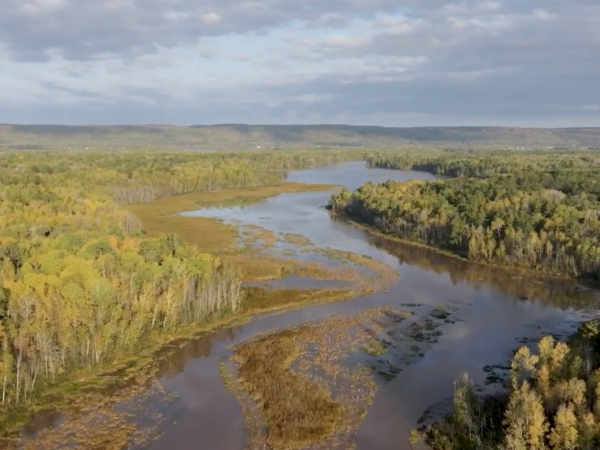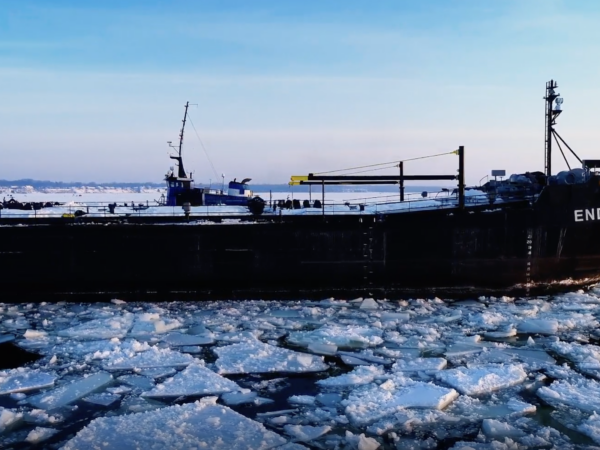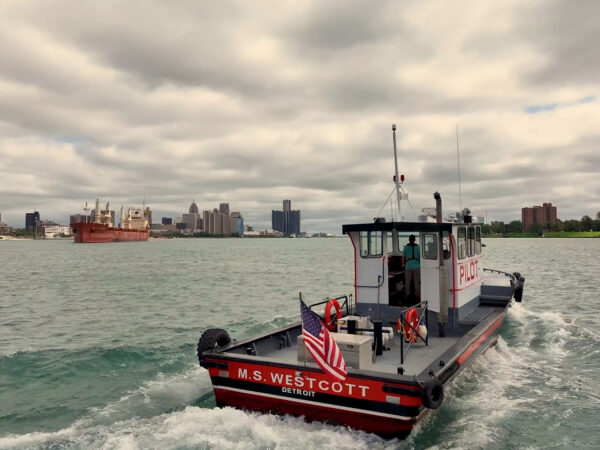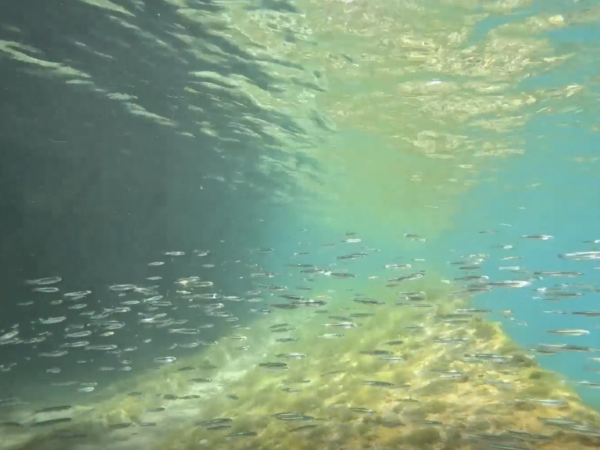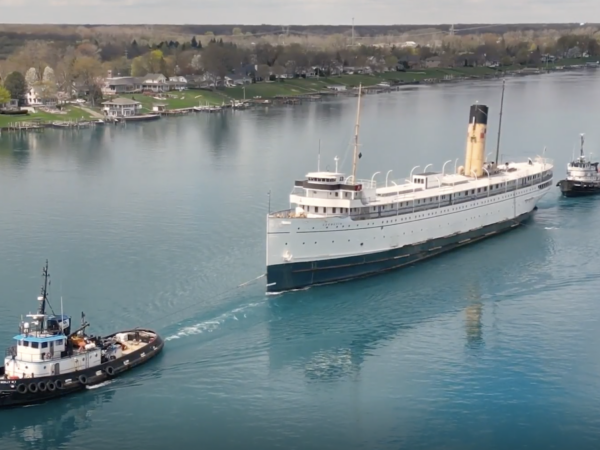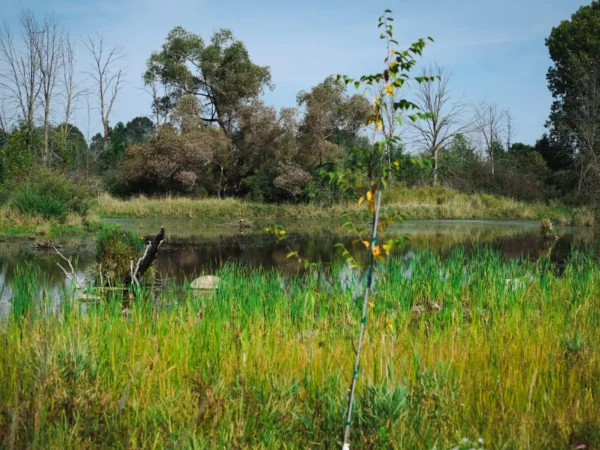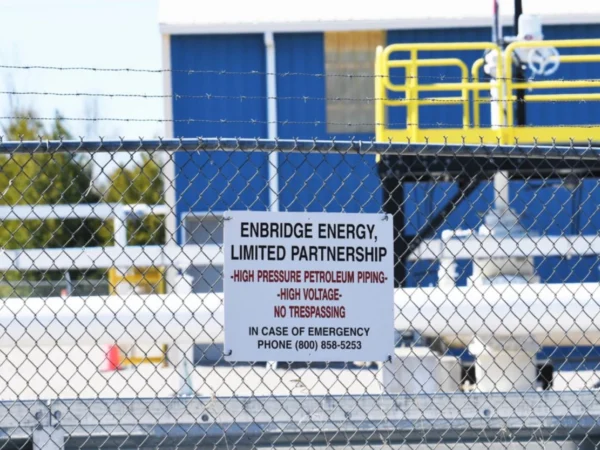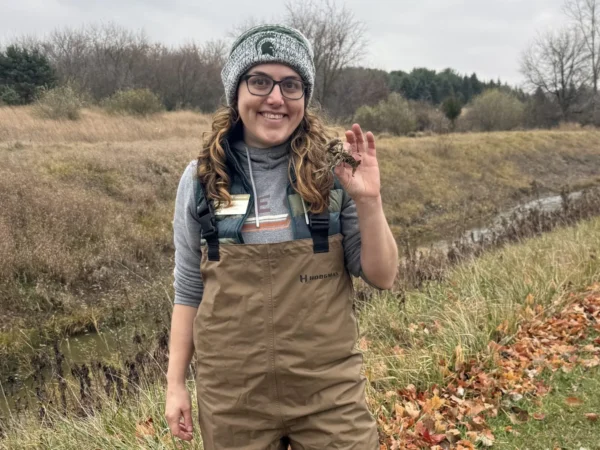IN THIS EPISODE:
Cleaning up a toxic mess caused by copper mining, and then grab a basket and get ready to learn about foraging for wild foods of the Great Lakes.
When to Watch?
Check your local station for when Great Lakes Now is on in your area.
Saving Buffalo Reef Update
SEGMENT 1 | Michigan’s Keweenaw Peninsula
In the mid-19th century, on the south shore of Lake Superior, the copper mining business was booming. But the waste from all that mining now threatens Lake Superior’s trout and whitefish, and scientists and engineers are working to undo the damage.
Michigan’s Keweenaw Peninsula, which extends into Lake Superior, is famous for copper. Copper was used by Indigenous people thousands of years ago. Beginning in the 1800’s, dozens of mines produced millions of tons of copper, often by crushing the ore in stamping mills. Before closing in 1932, stamping mills in Gay, Michigan generated 22.7 million metric tons of crushed waste rock, known as stamp sands.
For nearly a century, wind and waves have been moving the stamp sands across the lake bottom and down the shoreline. That same stamp sand is drifting onto Buffalo Reef, an important spawning ground for fish.
It’s estimated that the Buffalo Reef fishery provides $4.5 million dollars of revenue through commercial and recreational fishing every year, but fishermen in the area have noticed a decline in their catch. That’s partly because the stamp sand is covering the rocks on the reef where fish normally lay their eggs. The sand is also a chemical pollutant.
“You have to realize the concentrations of copper are really high,” said Dr. Charles Kerfoot, a biology professor at Michigan Tech University. “1500-parts per million of copper where the state says a 120 can have ecological effects.”
Dr. Kerfoot and his team have shown a direct link between higher concentrations of stamp sands and fewer benthic organisms, which are bottom feeding animals that fish rely on for food. If nothing is done it could spell disaster for commercial fishing operations in the area, including the Keweenaw Bay Indian Community or KBIC, one of the Native American tribes that has fought to secure federal funding to clean up Buffalo Reef.
“The Keweenaw Bay Indian Community’s a fishing community,” said Evelyn Ravindran, KBIC’s Natural Resources Director. “It’s part of our identity, and the loss of that reef would be devastating to our community.”
The mining waste will never “go away,” so to prevent future pollution, the site will have to be monitored indefinitely. The US Army Corps of Engineers estimates the price tag for this plan is more than two billion dollars, and it’s expected to take 20 years to complete.
Foraging for Your Food
SEGMENT 2 | Upper Peninsula, Calumet, Michigan
Since the dawn of time, humans have foraged for wild plants to nourish their bodies and create medicinal concoctions. But as the modern food industry rose to prominence, the practice fell out of favor. Now, an increasing number of people are returning to their roots and stepping out into nature to find ingredients for their next meal or medicinal creation. Join us as we head into the wilderness with Lisa M. Rose — a life-long forager, author and naturalist — to search for wild nettles in Michigan’s Upper Peninsula.
Lisa’s connection to the Upper Peninsula runs deep. Her ancestors settled here in the 1860s after immigrating from Cornwall, England. Her great great great grandfather worked in the copper mines while her grandmother took care of the home and most importantly the cooking. Lisa’s grandmother brought from her homeland some of her favorite recipes including the Cornish pasty, a simple hand-pie typically filled with vegetables and shredded meats.
After a fruitful foraging session, Lisa shows me and our viewers how to make her wild twist on the traditional Cornish pasty.
The Catch: News about the Lakes You Love
SEGMENT 3 | Great lakes watershed
Featured Articles


